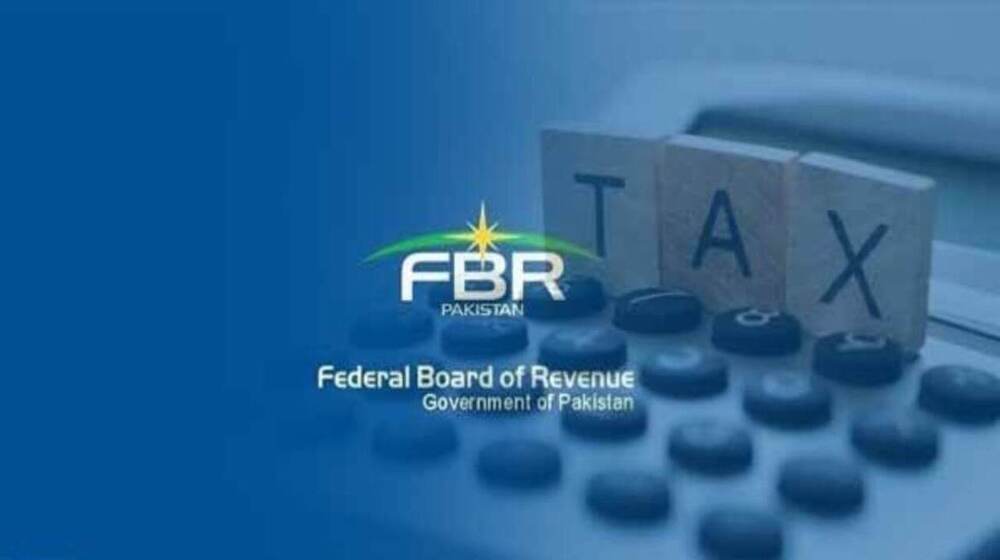
According to a confidential source, the current deadline for filing income tax returns, which is set for September 30, may be extended to October 31. The formal announcement of this extension is expected to be made through an income tax circular issued by the FBR in the coming 1-2 days.
The new IRIS module 2.0, designed for this purpose, has reportedly been plagued with issues such as calculation errors, difficulties in saving data, unresponsive buttons, and frequent glitches. These technical challenges not only hamper the efficiency of the filing process but also increase the risk of errors and inaccuracies in the submitted data.
Some of the errors in IRIS 2.0 include miscalculations of turnover tax at 1.50% instead of the correct 1.25% for eligible manufacturers and inaccuracies in zero-tax calculations for certain property sales. The module has also caused problems for non-resident taxpayers and has exhibited data issues in tax deductions. These issues highlight the urgent need for improvements, particularly in the outdated system for generating withholding income tax challans.These challenges have had a significant impact on the timely and efficient submission of return forms by both taxpayers and tax consultants.
FBR Expected to Extend Deadline for Income Tax Return Filing
The Federal Board of Revenue (FBR) is likely to grant an extension of one month for the deadline to file income tax returns.
According to a confidential source, the current deadline for filing income tax returns, which is set for September 30, may be extended to October 31. The formal announcement of this extension is expected to be made through an income tax circular issued by the FBR in the coming 1-2 days.
The new IRIS module 2.0, designed for this purpose, has reportedly been plagued with issues such as calculation errors, difficulties in saving data, unresponsive buttons, and frequent glitches. These technical challenges not only hamper the efficiency of the filing process but also increase the risk of errors and inaccuracies in the submitted data.
Some of the errors in IRIS 2.0 include miscalculations of turnover tax at 1.50% instead of the correct 1.25% for eligible manufacturers and inaccuracies in zero-tax calculations for certain property sales. The module has also caused problems for non-resident taxpayers and has exhibited data issues in tax deductions. These issues highlight the urgent need for improvements, particularly in the outdated system for generating withholding income tax challans.
These challenges have had a significant impact on the timely and efficient submission of return forms by both taxpayers and tax consultants.




